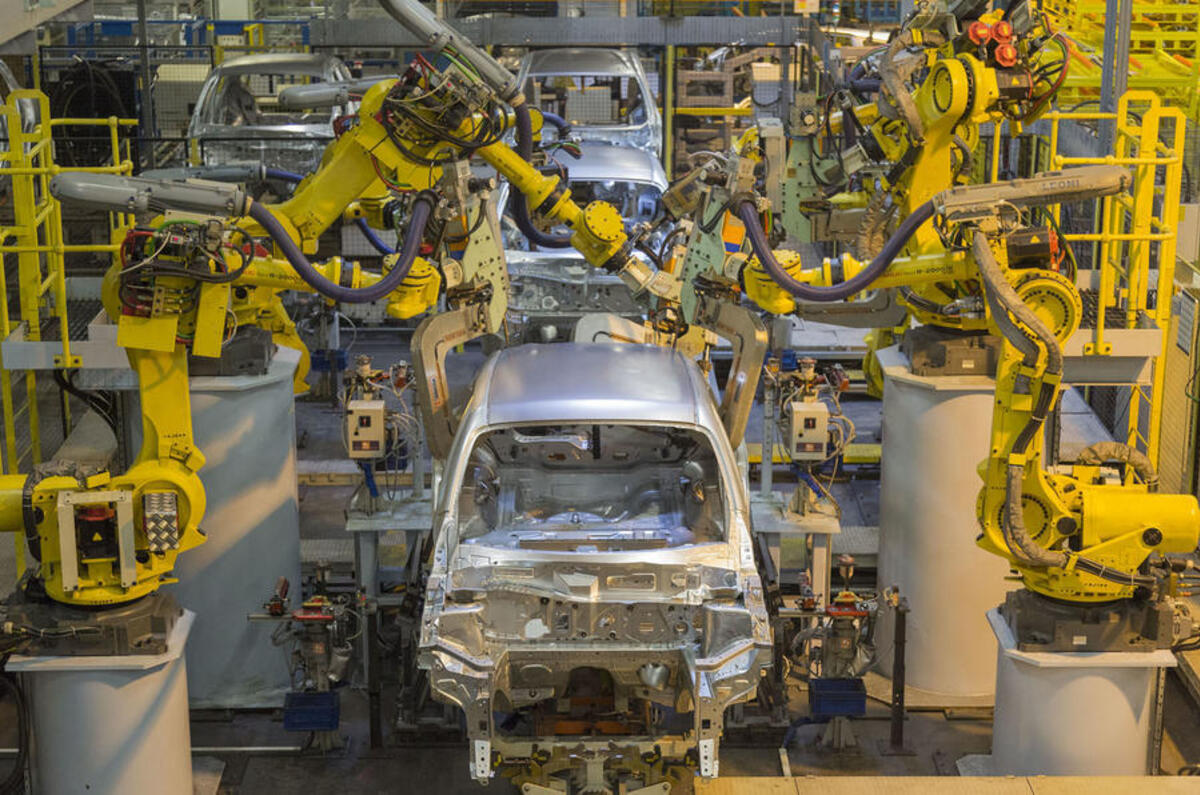Nissan will reduce its production capacity and model range, and axe around 12,500 jobs worldwide, in a bid to turn its fortunes around.
The major restructure, which was first reported by the Nikkei Shinbum media organisation in Japan, was confirmed by the company during the publication of its first quarter results for the 2019 financial year. In the three-month period running from April to June Nissan's net income was down 94.5% year-on-year, with sales down in several key markets.
The car maker announced 4800 job cuts earlier this year, having suffered its lowest profits for almost 10 years.
The 12,500 job losses – around 9% of the firm's global workforce – include 6400 the firm has already made. They come as a result of moves by Nissan to reduce its global production capacity by around 10%. There is no word yet on which of the firm's plants will be affected.
Nissan also says it will reduce the size of its product line-up by around 10% by the end of 2022, and will "focus investment on global core models and strategic regional models." According to Nissan boss Hiroto Saikawa, the models affected are likely to include compact cars and those from its Datsun sub-brand.
As with many car firms, Nissan will spend heavily on future technologies, and says it will invest heavily in its ProPilot driver assistance system. It is also plotting further investment in electirifed vehicles, including battery electric models. It will also investigate new business models, including ride-sharing mobility services.
Multiple reasons have been cited as reasons for Nissan’s profits slump,including global sales stagnation in the US and Europe, falls in Asia, political uncertainty, tariffs, the need to invest in electrification and autonomy, and a part-ageing product line-up, including its successful Nissan Qashqai and Nissan Juke SUVs. Greater competition from rival manufacturers in the SUV segment is also a factor.
The initial reports suggest that the bulk of the losses will fall on workers outside of Japan.
Although there have been no specific warnings of losses at Nissan’s UK operations, earlier this year the firm made headlines when it reversed a previous decision to make some Nissan X-Trail models at its Sunderland factory. That was said to have led to 'hundreds' of new jobs not being created at the plant.
At the time it made specific reference to Brexit negotiations undermining the company’s position in the UK, although falling diesel sales and the EU’s tariff-free trade deal with Japan were also believed to be factors. Nissan has also hit the headlines recently with the arrest of former boss Carlos Ghosn, who is now suing the firm for unfair dismissal.





Join the debate
Add your comment
Arse from elbow, anyone?
"The major restructure, which was first reported by the Nikkei Shinbum media organisation in Japan"
Shinbum. Shin. Bum. Really?
Arse.
Well, at least they're taking action
Reducing the size of the workforce and overcapacity as well as introducing new models all bodes well - and much better than doing nothing and watching profits disappear altogether as some companies have done.
And at least Nissan is still making money and they are ahead of most competitors when it comes to battery EVs.
Lack of competitve
Lack of competitve powertrains has held them back. Couple of years ago they took a controlling stake in Mitsubishi also manufacturing mainly in Japan. I have no doubt it was with a eye towards Mitsubishi's hybrid experience so its inevitable future focus would be more on Japan. Brexit being irrelevent in this.